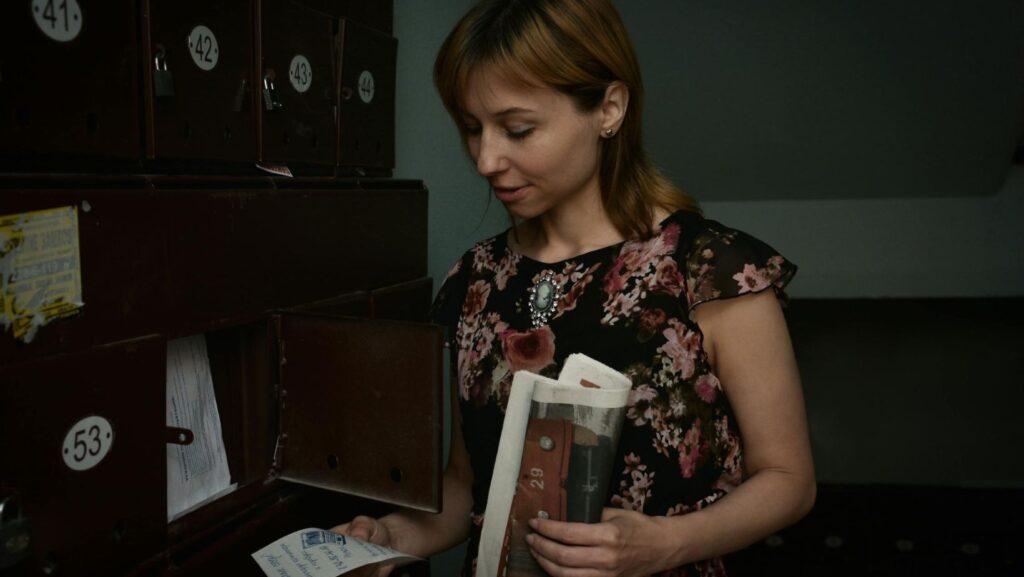It happens in a single, irreversible moment. One driver looks at a text. A property owner puts off a simple repair. A small, careless mistake unfolds, and in an instant, a family’s world is shattered. The future you planned is gone, replaced by a profound sense of loss that words can hardly describe.
In the aftermath of a sudden, preventable tragedy, you are left grappling with overwhelming grief, anger, and a storm of questions. Why did this happen? Could it have been avoided? How will my family survive this? These feelings are valid, and you are not alone in asking them.
This article is here to provide clarity in a time of confusion. We will help you understand what makes a tragedy “preventable” in the eyes of the law, explore the deep impact it has on a family’s emotional and financial well-being, and outline the steps you can take to find answers and protect your future. These incidents are far too common; the top three leading causes—poisoning, falls, and motor vehicle accidents—account for 86% of all preventable deaths. Understanding the path forward is the first step toward holding the responsible parties accountable.
Key Takeaways
- A “preventable tragedy” is often the result of a wrongful act or negligence, and understanding this is the first step toward seeking justice.
- The impact on a family is not just emotional but also financial, creating long-term instability that must be addressed.
- Families have specific legal rights, including the ability to file both a Wrongful Death Claim for their own losses and a Survival Action for their loved one’s suffering.
- Seeking experienced legal guidance in Reading is crucial to protect your family from insurance companies and to hold the responsible parties accountable.
The Unthinkable Moment: When a Small Error Changes Everything
The word “accident” can be misleading. It suggests a random, unavoidable event that no one could have stopped. But the truth is, many of these tragedies are not random at all. They are the direct result of a careless choice, a preventable error, or blatant neglect.
In legal terms, a death caused by the misconduct or negligence of another person or entity is called a “wrongful death.” It’s a simple definition for a devastating reality. Think of the relatable, everyday scenarios where a small error has catastrophic consequences:
- A distracted driver runs a red light while checking their phone.
- A landlord ignores a broken railing on a staircase.
- A hospital staff member administers the wrong medication.
These are not unavoidable acts of fate. They are failures—failures of duty, attention, and care that could and should have been prevented. This distinction is critical because it answers the question that haunts so many families: “What officially makes a death ‘preventable’ or ‘wrongful’ in the eyes of the law?” It is the presence of negligence—a broken promise to act with reasonable care to keep others safe.
The Ripple Effect: The True Cost to a Family
The moment a preventable tragedy occurs, the impact radiates outward like shockwaves, touching every aspect of a family’s life. The first wave is purely emotional: a crushing grief mixed with disbelief and anger. You struggle to make sense of a loss that feels utterly senseless, and the weight of planning a funeral while navigating your own sorrow is immense.
Almost immediately, the second wave hits: the financial tsunami. Suddenly, the primary breadwinner may be gone, leaving a void in the family’s income. Medical bills from a final hospital stay arrive, followed by funeral and burial costs that can climb into the tens of thousands. The long-term financial stability your family once counted on—for mortgages, college tuition, and retirement—is now in jeopardy.
The sudden loss of a loved one due to negligence can leave a family struggling with grief, financial stress, and difficult decisions all at once. During this overwhelming time, having a wrongful death lawyer in Reading by your side means someone is actively guiding you through the legal process, advocating for accountability, and helping protect your family’s future—so you’re not facing these challenges alone.
Common Scenarios of Preventable Tragedies
Negligence can take many forms, but it often appears in common, everyday settings where we should feel safest. Understanding these scenarios can help you recognize when a tragedy was not just an accident, but a preventable failure.
On the Road: Catastrophic Car & Motorcycle Accidents
Every driver has a fundamental duty to operate their vehicle safely and keep others on the road free from harm. When they violate that duty, the consequences can be fatal. Common preventable errors in Reading include distracted driving like texting, aggressive speeding, or getting behind the wheel while under the influence of drugs or alcohol.
These cases can become even more complex when they involve commercial trucks with fatigued drivers or even emerging technologies like self-driving systems that fail. Regardless of the specifics, the core issue remains the same: a driver’s “mistake” is a form of negligence when it breaches their duty of care.
On a Property: Premises Liability and Negligent Security
Property owners, from homeowners to large corporations, have a legal obligation to maintain a reasonably safe environment for visitors. When they fail in this duty, they can be held responsible for any resulting harm.

Clear examples of this negligence are tragically common: a child drowns in an unfenced, unsecured swimming pool; a tenant suffers a fatal fall because of a poorly lit, crumbling staircase; a hotel guest dies in a fire caused by faulty wiring; or a customer is assaulted in a parking lot with no lighting or security. Each of these events stems from a preventable failure to address a known or knowable hazard.
At the Workplace: When a Job Becomes a Hazard
When a loved one dies on the job, families often assume their only recourse is through workers’ compensation. While workers’ comp provides certain benefits, it may not be the only path to justice.
If the death was caused by the negligence of a third party—someone other than the direct employer—a wrongful death lawsuit may be possible. This could be the manufacturer of faulty equipment, a subcontractor who created an unsafe condition on a job site, or the driver of another vehicle who caused a fatal crash. Hardworking communities, including many in rural areas, can be hit especially hard by these tragedies. From 2010 to 2022, the percentages of preventable premature deaths were consistently higher in rural counties than in metropolitan ones. Families deserve to have every avenue for justice explored.
Finding a Path Forward: Your Family’s Legal Rights
In the wake of a devastating loss, the legal system can feel intimidating. However, it provides a structured path to hold negligent parties accountable and secure your family’s future. It’s important to understand that there are two distinct types of legal actions that can be pursued, often at the same time.
Wrongful Death Claim vs. Survival Action: Two Paths to Justice
A common point of confusion for families is the difference between a “Wrongful Death Claim” and a “Survival Action.” While they both arise from the same tragic event, they serve different purposes and compensate for different losses. Pursuing both is often essential to achieving full justice for your family and honoring your loved one.
A Wrongful Death Claim is filed by the surviving family members (like a spouse, children, or parents) to recover damages for the losses they themselves have suffered due to their loved one’s death.
A Survival Action is a claim filed on behalf of the deceased person’s estate. It is designed to recover the damages that the deceased themselves would have been able to claim had they survived the incident. It allows their claim for suffering to “survive” their death.
Here’s a simple breakdown of the differences:
| Feature | Wrongful Death Claim | Survival Action |
|---|---|---|
| Purpose | To compensate the family for their own losses. | To compensate the estate for the deceased’s suffering. |
| Who Benefits | Surviving family members (spouse, children, etc.). | The deceased person’s estate. |
| Damages Covered | Lost income, loss of companionship, funeral expenses. | The deceased’s pain and suffering, medical bills, lost wages. |
Conclusion: Taking the First Step Toward Healing
A single, preventable error can set off a chain reaction that permanently alters a family’s life. The grief is profound, and the path forward can seem impossible to navigate alone.
But it is crucial to remember that your loved one’s death was not just a tragic “accident”—it was the result of a failure that could have been avoided. The law provides a clear path to hold negligent parties accountable and secure the resources your family needs to rebuild. By understanding your rights, including the vital distinction between a Wrongful Death Claim and a Survival Action, you can seek full justice.
Taking that first step to seek legal guidance in Reading is not a sign of weakness. It is a courageous act of love—a way to protect your family’s future, honor your loved one’s memory, and begin the long journey toward healing.



